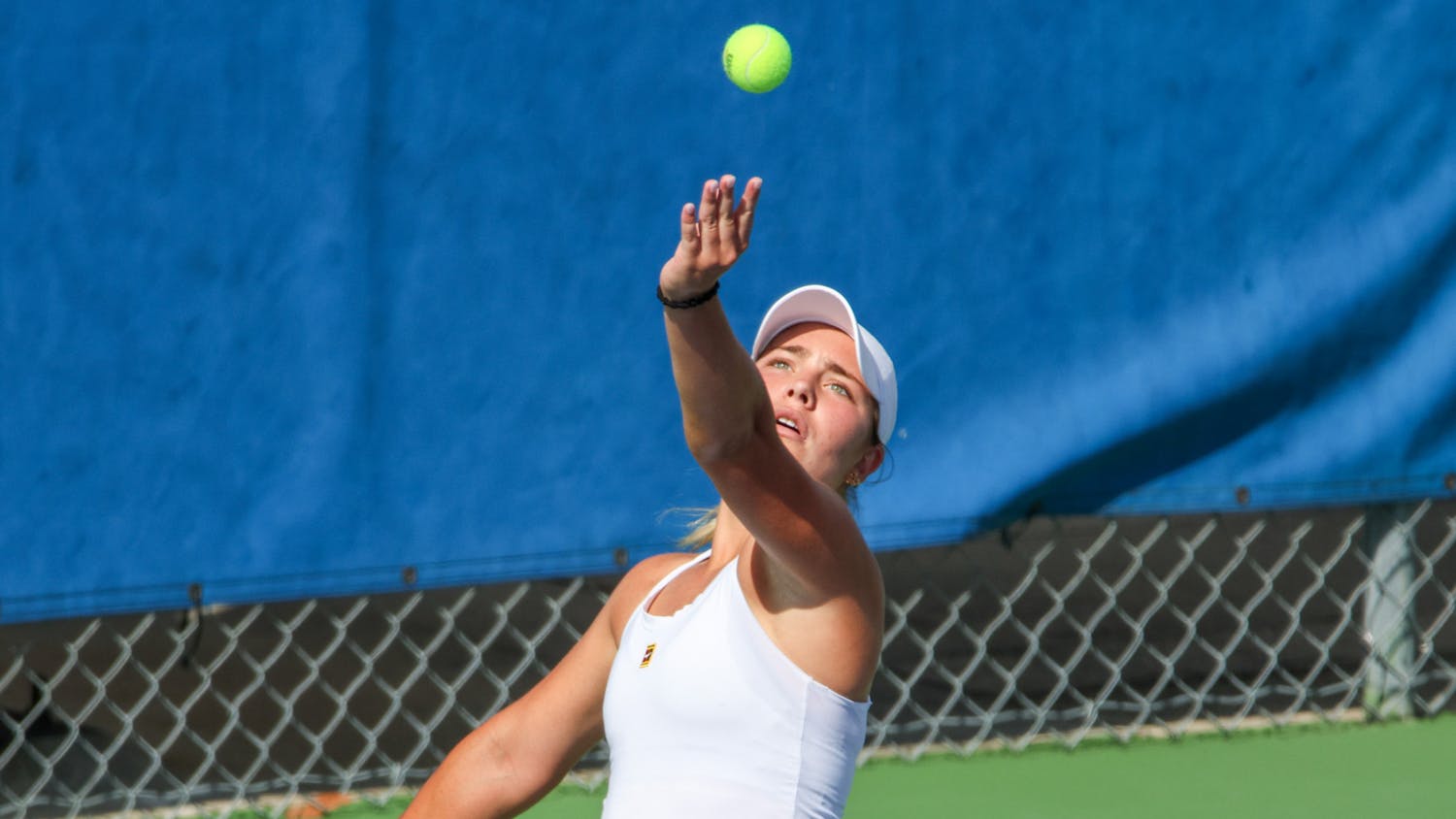Robbie Rogers is an openly gay athlete who plays soccer. In European countries, this would mean he’d get a few chants dedicated to him from fans of opposing teams. In America, it means he’s making history.
At the same time, it’s slowly becoming not a big deal. I mean, not a big deal with regards to news stories as a whole. For sports and LGBTQ communities, it’s a huge deal. This is a very interesting development.
With Rogers’ and Jason Collins’ announcements that made them the first gay men in their respective leagues — Major League Soccer for Rogers and the National Basketball Association for Collins — the theme of those who didn’t like it was not clear and included unbridled bigotry for the most part. The battle cry of the resistance was, “I don’t want to hear it,” or “He should keep it to himself.”
This pleases me because it means pure hate is being phased out as unacceptable in any form. We’re improving as a society. When I use society, I mean both American society and global society. While we’re fighting hate against sexual orientation, the Union of European Football Associations has adopted an anti-racism measure. That measure calls for quick and severe sanctions concerning racist incidents.
The Internet is also assisting on these fronts. To paraphrase a www.cracked.com column, the Internet community will not stand for injustice. Every incident has a chance to go viral if morals are ignored.
With sports being streamed over the Internet now more than ever, we have on our hands an incredible combination of tools to combat what we see as wrong. It’s like having a hammer and a screwdriver fused together in a functional way that also supplies its own nails and screws. Some will abuse this, but these people are like those who injure themselves as a result of not reading warning labels.
I’ve said this in previous columns, but sports are meant to transcend the everyday world. They give us respite from our fears, failings and flaws. We live vicariously through these athletes, and some audience members even go on to follow in the athlete’s path.
Sports should be our utopia — not another breeding ground of problems. This is why despite not being a “big deal,” gay players coming out while active and getting a chance to play is a big deal.
Sects of American culture glorify sports to the point of being religious — case in point: college football anywhere in the South. How fitting then that sports are acting like a benevolent god, gracing the people and helping us solve our problems.
The governing bodies of sports are run by people, though. They are not infallible and are even inclined at times to stray from what we would consider a good path. Corruption is rampant. Cheating is overlooked.
We cannot expect something else to always be there for us — allowing us to engage in the least of activities. Couch potato activism on social media only goes so far. If we truly want to overcome the issues that plague us, we must become agents of change ourselves.
We’ve been given a springboard by these athletes. They can become catalysts as all of us work to improve the world we live in.
It’s a daunting task but so is Mike Foley’s reporting class. I intend to face both challenges head-on, unflinchingly. I ask that you join me in the undertaking of improving, if not reforming, any and all communities that we are a part of. From the online Dungeons & Dragons group of five people to the entire global community, everywhere and everything can be changed for the better.
Logan Ladnyk is a UF journalism junior. His columns appear Tuesdays.





